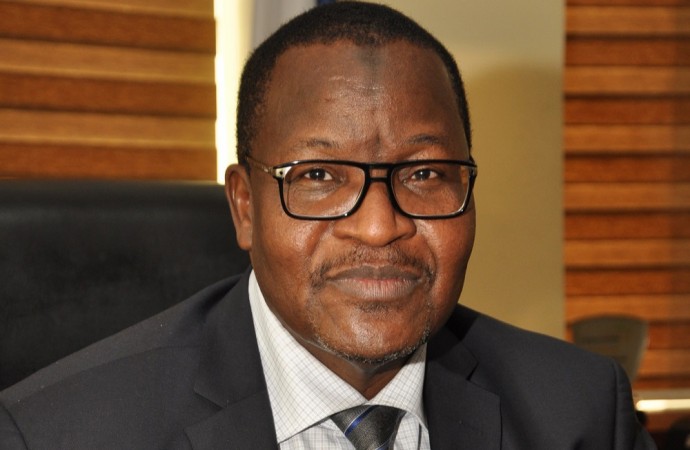The Nigerian Communications Commission (NCC), has issued final letters of award of the Fifth Generation (5G) Spectrum Licences to MTN and Mafab Communications.
This is contained in a statement by Dr Ikechukwu Adinde, Director, Public Affairs of NCC, on Wednesday in Abuja.
Recall that MTN and Mafab won the 3.5 gigahertz (GHz) spectrum auction conducted by the commission in December 2021.
Adinde said the management of the commission led by its Executive Vice-Chairman, Prof. Umar Danbatta confirmed the development to the Board of Commissioners at the board’s Special Meeting.
“With the issuance of the final letters of awards of 5G spectrum and in line with the 5G auction’s Information Memorandum (IM), the two licensees are now expected to accelerate deployment of 5G network.
“That will usher Nigeria into a more robust Fourth Industrial Revolution (4IR) and a more digitised Nigerian economy among the comity of nations.
“In line with the terms and conditions of the 5G licence, the licensees are expected to commence rollout of 5G services, effective from Aug. 24, 2022,’’ he said.
Adinde said the 5G network, when deployed, would bring a lot of benefits and opportunities that would engender accelerated growth and smart living in the country.
“The technology is also expected to bring substantial network improvements, including higher connection speed, mobility and capacity, as well as low-latency capabilities,” he said.
Adinde said the Minister of Communications and Digital Economy, Prof. Isa Pantami, had officially handed over the spectrum allocation for 5G deployment and the Federal Government approved National Policy on 5G to the commission.
He, however, said the commission had confirmed the full payment of $273.6 million each by the two spectrum winners, in addition to spectrum assignment fee paid by MTN, for the 5G spectrum licence.
“The commission is optimistic that effective implementation of the National Policy on 5G will accelerate the actualisation of the national targets in the Nigerian National Broadband Plan (NNBP) 2020-2025.
“The National Digital Economy Policy and Strategy (NDEPS) 2020-2030, and other sector policies designed to enhance Nigeria’s digital transformation.
“The licensees are expected to meet the timetable regarding their 5G network rollout obligations,’’ he said.
Adinde said the NCC required collective efforts and support of the private sector and government toward transforming every aspect of the nation’s economy through 5G.
He said that this would herald greater transformation than what the nation witnessed with the 1G, 2G, 3G and 4G,” he said.

